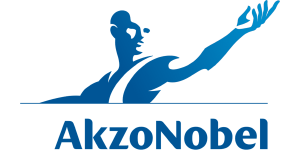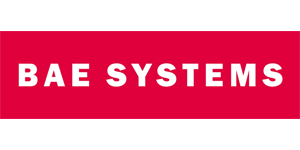
WHERE DOES THE HUMAN MIND END AND THE REST OF THE WORLD BEGIN?
Clark and Chalmers, 1998

Clark and Chalmers, 1998
In 1998, two brilliant philosophers of mind posed a question that reinforced the importance of the world around us in shaping how we think and feel. Clark and Chalmers were focussed on the use of technology, both primitive and contemporary, to augment our psychological processes, but, more recently, other cognitive scientists have emphasised the importance of our fellow human beings in extending, improving and influencing how our minds work.
The notion of the ‘extended mind’ is fundamental to the work we do with individuals and organisations. In our coaching, our team development work and executive profiling, the insights and evidence afforded by research in this area of cognitive science shape our thinking, our approach, our tools, and the relationships with our clients.
Peter Scraton, Global Head of Logistics, Clarks Shoes
‘Using psychological science to identify leadership potential’
There are several factors that determine great leadership. Evaluating the presence or absence of those factors is a nuanced process that, behavioural science suggests, needs to consider past behaviours, current attitudes, as well as motivational factors that are likely to steer future achievements. All of this information needs to be understood within the context of the hiring organisation in order to shift from useful data to actionable insight. Our in-depth assessment processes and tools offer challenging – yet engaging – approaches to understanding the potential of leaders to make a substantive contribution to your organisation 5 success.
‘Motivating growth and high performance through challenging conversations’
Great coaching is both an art and a science, It emerges from thoughtful combinations of authentic curiosity and genuine challenge; of structured, science-led processes with the opportunity for learning through spontaneous discovery; from a deep understanding of the person and genuine insight into behavioural change. The balance between these elements varies from person to person, which is why our approach to coaching is person-led and results focused.
Delegate, Mitchells & Butlers
‘Bridging, Bonding and Brokering for great teamwork’
Together, we do achieve more. Creating great tears – either virtually or in person – to achieve outcomes that are beyond the reach of the individual is a fundamental aspect of organisational life. Developing the right level of trust, balancing the opportunities for challenge and the times for mutual support, creating a dynamic environment where new ideas can emerge and challenge the status quo do not happen without effort, energy and thought. Extended Mind’s proprietary ‘3B’ approach to collaboration, Bridging, Bonding and Brokering, plays an important role in helping teams – and the wider organisation collaborate more effectively.
‘Building individual and collective resilience through science’
Converging evidence in psychological science underscores the common sense
conclusion that positive well-being underpins great performance at work, Balancing a focus on the person as well as the social context. EM’s approach to evaluating, developing and sustaining psychological well-being offers complementary insights to traditional assessment processes that evaluate performance in the workplace. Through individual profiling or team-based evaluation, Extended Mind offers engaging approaches that raises awareness about well-being, alongside potential solutions and actions for sustaining healthy performance at work.
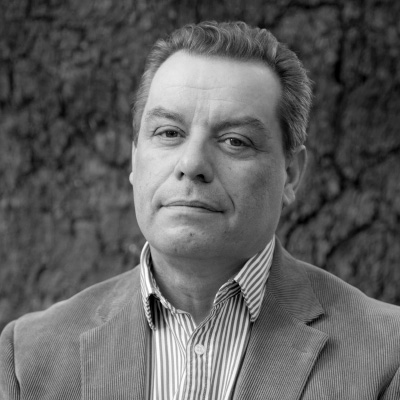
Founder
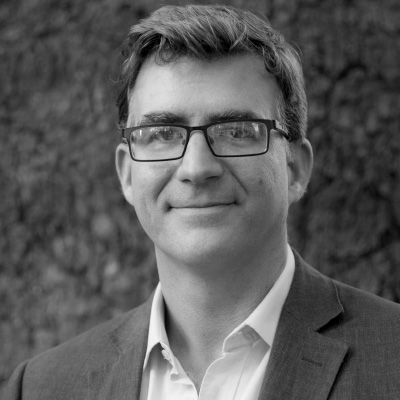
Director
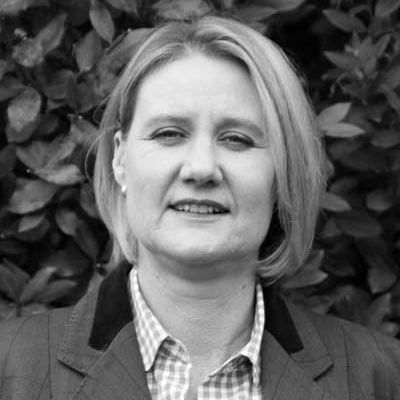
Project Manager

Psychotherapist




